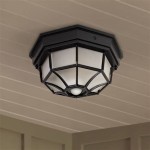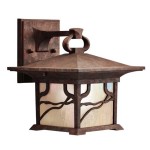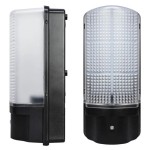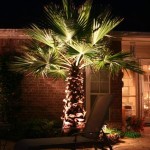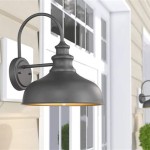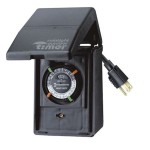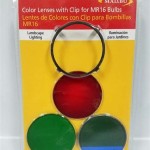Outdoor Water Feature Lighting: Essential Aspects
The inclusion of outdoor water features, such as fountains, ponds, and pools, into a residential landscape can lend a touch of tranquility, elegance, and visual interest. You can elevate the beauty and ambience of your outdoor water feature even further with the help of outdoor water feature lighting. The strategic incorporation of lights has the power to create a mesmerizing spectacle, extending the enjoyment of your outdoor living space into the evening and night.
By carefully considering the type of lighting, placement, and color temperature, you can accentuate the contours of your water feature and create the desired ambiance. Water feature lighting can help define pathways, highlight architectural details, and cast dramatic shadows, adding depth and dimension to your outdoor space.
When selecting lighting for your outdoor water feature, there are numerous factors to consider, including:
Types of Lighting
- Submersible lights: Designed to be placed directly in the water, submersible lights provide illumination from within, casting a magical glow on the water's surface and allowing you to showcase fish or other aquatic life.
- Underwater lights: Installed beneath the water's surface, these lights project light upwards, creating a dramatic effect by washing the water feature with color or illuminating specific areas.
- Floating lights: As the name suggests, these lights are designed to float on the water's surface, offering a gentle, ambient glow that can be easily repositioned.
- Deck or wall-mounted lights: Installed near the water feature, these lights provide indirect illumination by casting their beams towards the water, creating a soft and inviting atmosphere.
Placement of Lighting
When positioning lights, consider the following tips:
- Avoid placing lights directly above the water surface: This can lead to glare and detract from the visual appeal of the water feature.
- Angle lights to enhance reflections: Position lights at an angle to create dramatic reflections on the water's surface.
- Use different light sources to create layers of interest: Combine submersible, underwater, and deck-mounted lights to create depth and dimension.
- Consider the direction of the light: Direct light towards the focal points of the water feature, such as statues or fountains.
Color Temperature of Lighting
Color temperature refers to the warmth or coolness of the light emitted by a bulb. Warm light, with a lower Kelvin temperature (around 2700K), creates a cozy and inviting atmosphere, while cooler light, with a higher Kelvin temperature (4000K and above), provides a brighter and more modern look.
When selecting the color temperature of lighting for your outdoor water feature, consider the overall ambiance you wish to create. Warm light can be ideal for intimate settings, while cooler light may be more suitable for larger, more modern water features.
By incorporating these essential aspects of outdoor water feature lighting, you can transform your backyard into a captivating sanctuary, where the beauty of your water feature is enhanced by the magic of light. From creating a serene oasis to setting the stage for unforgettable gatherings, the possibilities are endless.

Mini Brass Led Underwater Pond Lights Set Of 3 Volt Lighting

Lighting An Outdoor Water Feature Enhanced

Lighting Tips To Elegantly Enhance Your Water Feature

The Art And Magic Of Professional Waterfall Water Feature Lighting

Ez Fountain Lighting Massarelli S

Commercial Underwater Submersible Fountain Lights

Make Your Outdoor Water Feature Pop With Lighting The Plant Gallery

Tips For Lighting An Outdoor Water Feature

Water Features Outdoor Elements

Lighting A Fountain At Stately Home In The Cotswolds Light Dimensions
Related Posts

